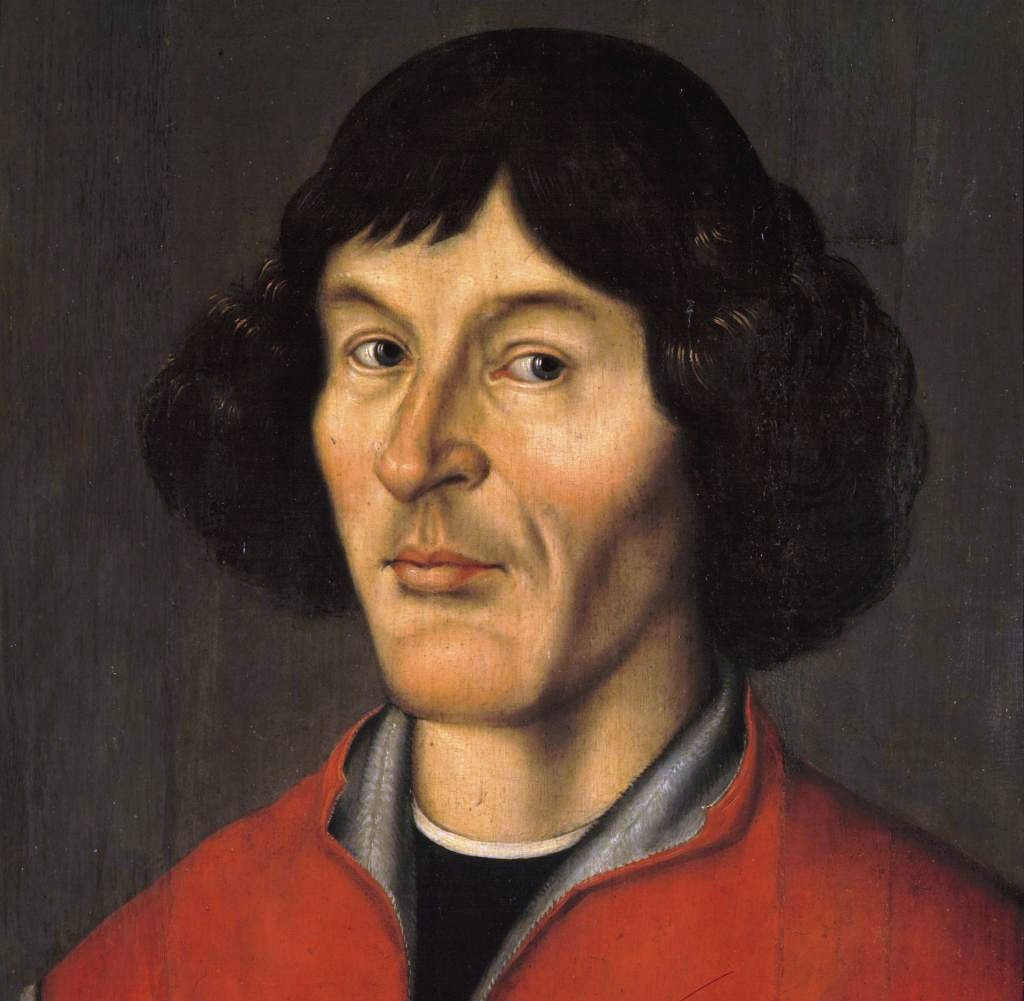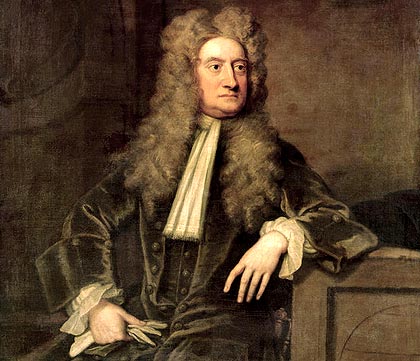miércoles, 23 de octubre de 2019
lunes, 21 de octubre de 2019
Earth and Space
Click on here to see different resources of this topic
Taken from Sara Dios Puebla (Colegio Castilla - Palencia)
The First Moon Landing
The first successful Moon landing occurred in 1969. Neil Armstrong, an astronaut from the United States of America became the first man to land on the Moon and it was a great accomplishment in the world of science. Buzz Aldrin soon joined Armstrong on the Moon and they spent their time collecting moon rock samples and performing experiments. Michael Collins was the third astronaut who traveled with Armstrong and Aldrin on the spacecraft.
Video of Neil Armstrong
Video of Neil Armstrong
Early Astronomers
Aristotle

Copernicus
Isaac Newton
Edwin Hubble
This is a photo of the Hubble telescope. The Hubble telescope is a space telescope that was launched into low Earth orbit and is still active today.
Aristotle was a Greek philosopher who pointed out the Earth was spherical because its shadow was always circular.
Copernicus
Copernicus was an important person who claimed we live in a heliocentric solar system, or one where we consider the Sun as the center of the universe instead of the Earth as the center of the universe.
Isaac Newton
Isaac Newton was a scientist who developed the theory of gravity as well as the three laws of motion.
Edwin Hubble
Edwin Hubble was an astronomer who is famous for proving the existence of other galaxies. The Hubble space telescope is named after him.
viernes, 4 de octubre de 2019
HUMAN REPRODUCTION, FERTILISATION AND BORN
Click on this video to watch the whole process of fertilisation and babies born. Amazing process. Kids love it! Enjoy!
jueves, 3 de octubre de 2019
THE HUMAN REPRODUCTION
Click on HERE to learn more about the Human Reproduction: the three stages of reproduction and fertilization.
Suscribirse a:
Comentarios (Atom)





